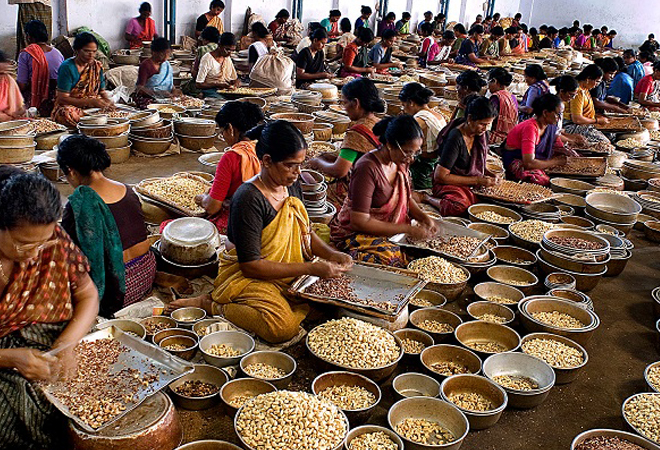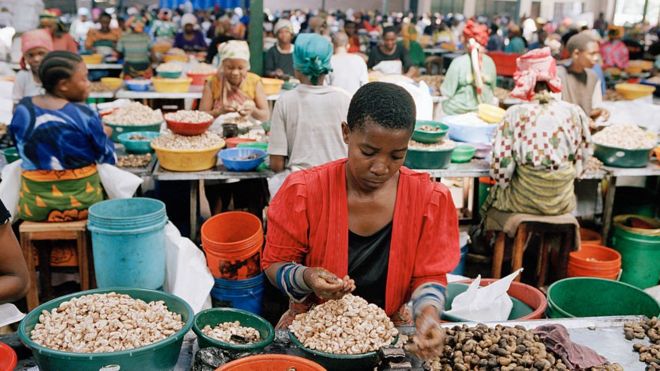Sep. 14, 2019
During Onam, cashew corporation has record sales of Rs. 5.5 crore

The Kerala State Cashew Development Corporation (KSCDC) is all set to launch an aggressive marketing plan with multiple initiatives to take over the domestic market, a segment the export-oriented industry has been underrating for long.
The corporation will soon use fancy gift hampers and mobile units and employ more marketing executives to expand its clientele in Kerala and other States.
“The slashing of the export incentive considerably has brought down our profit margins. So this time we have focused on the domestic market, making available our products with a festival discount of 25%. The response has been tremendous with customers thronging our outlets and enquiries pouring in even on Thiruvonam day when we were closed. This Onam the KSCDC has a record sale of Rs. 5.5 crore, much higher than last Onam when the sale turnover was Rs. 85 lakh,” KSCDC chairman S.Jayamohan told The Hindu.
Mobile units
The corporation is currently planning to start mobile units that will carry the product to pre-announced points.
“The units will have all our products including baskets of assorted value-added products. Many value-added products like cashew soda and cashew soup have high demand and now we will make sure that they reach maximum customers. Also, various strategies to tap the festival markets in other States are under consideration,” he says.
From next month the KSCDC will deploy a team of sales executives to take orders and strengthen the distribution network. “This will also help us in getting proper customer feedback.”
In the Onam market ,KSCDC’s most sought-after product has been grade 150 jumbo nuts, sold for Rs. 1,335. Usually the domestic customers have to opt for grades 240, 320 and below with inferior size and shape.
“What the KSCDC and Capex offer is the highest quality organic nuts processed in traditional style and it tastes very different.
Earlier private parties used to buy huge quantities of product from government factories and sell it under their brands. But now the customers can directly buy from us and we also have provision for online shopping,” he says.
Apart from the premium product, the KSCDC has introduced 20, 50, 100, 250 gram packets for all segments of customers and the 30 factory outlets alone have registered a sales of Rs. 1.5 crore during Onam. The festival sales with 25% discount will continue till September 20.
Navamy Sudhish








